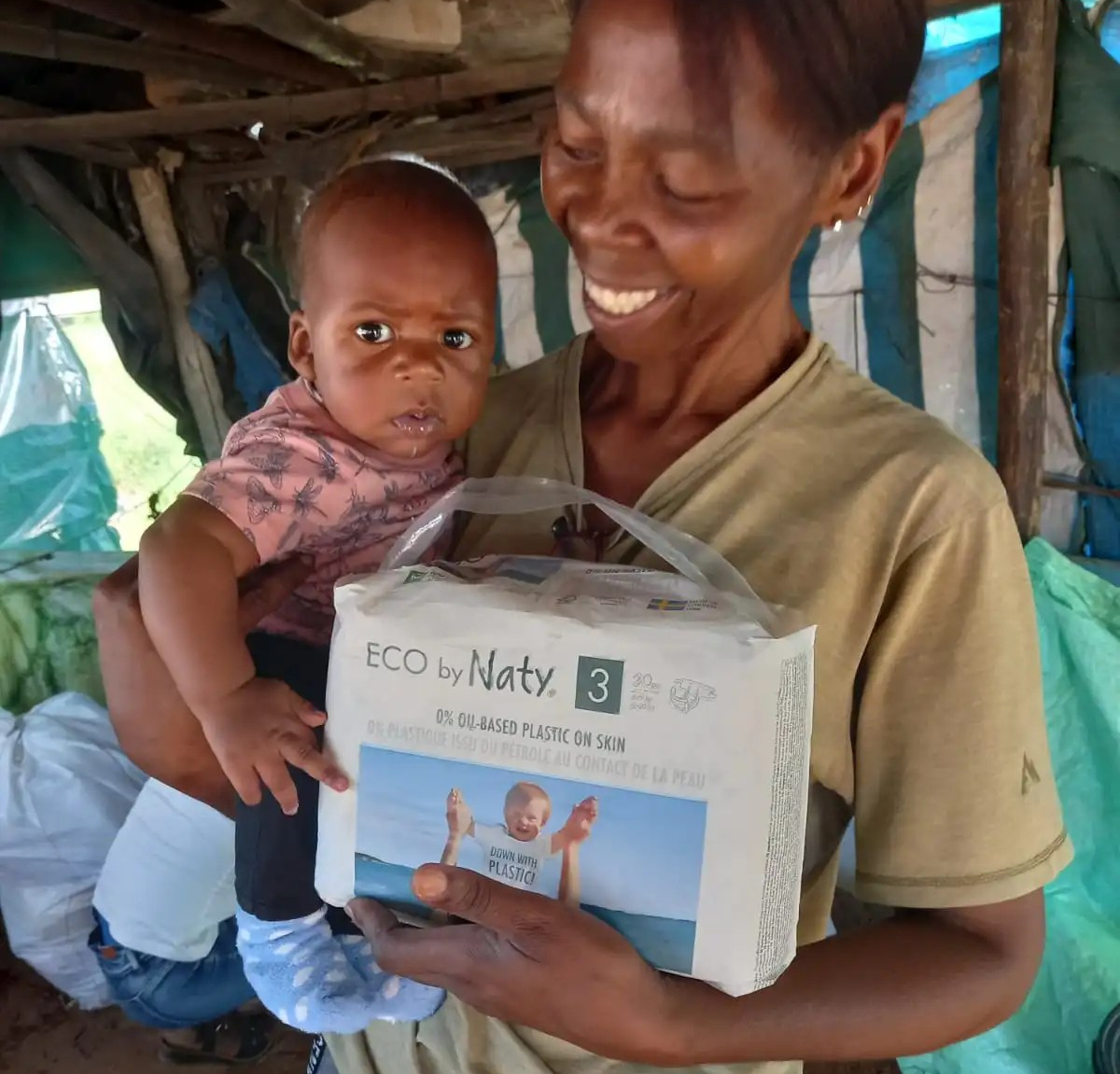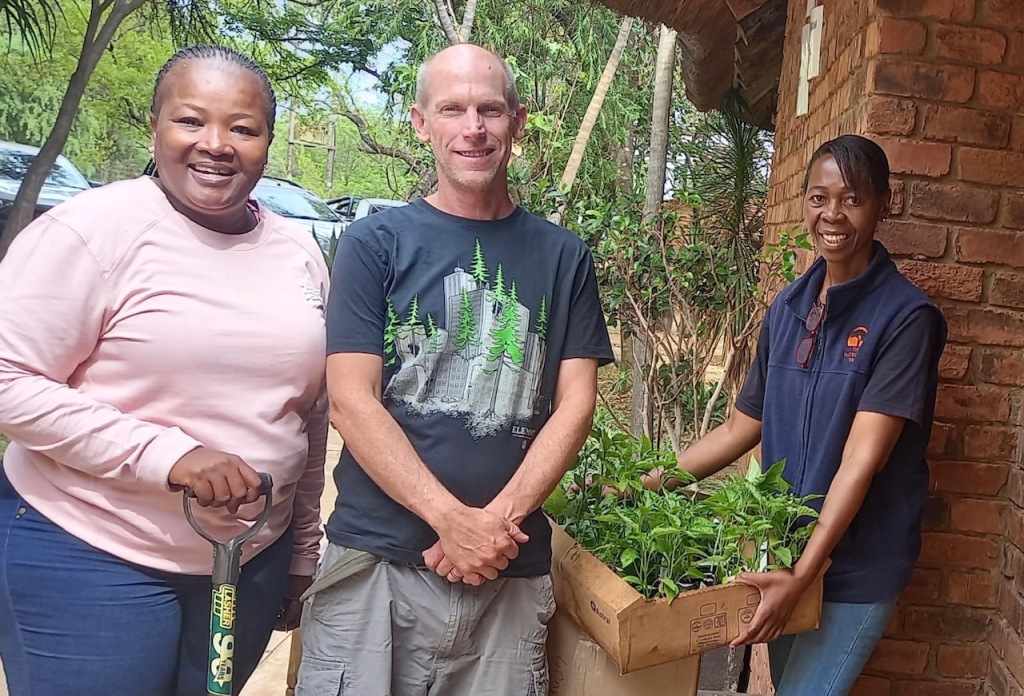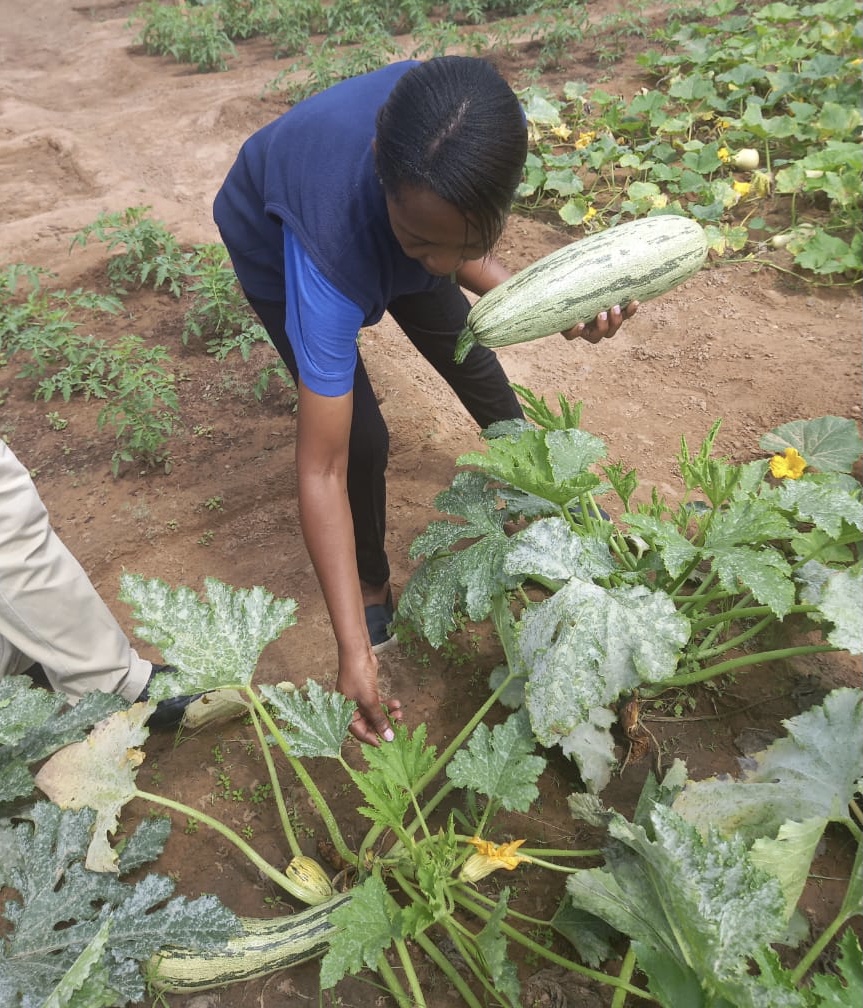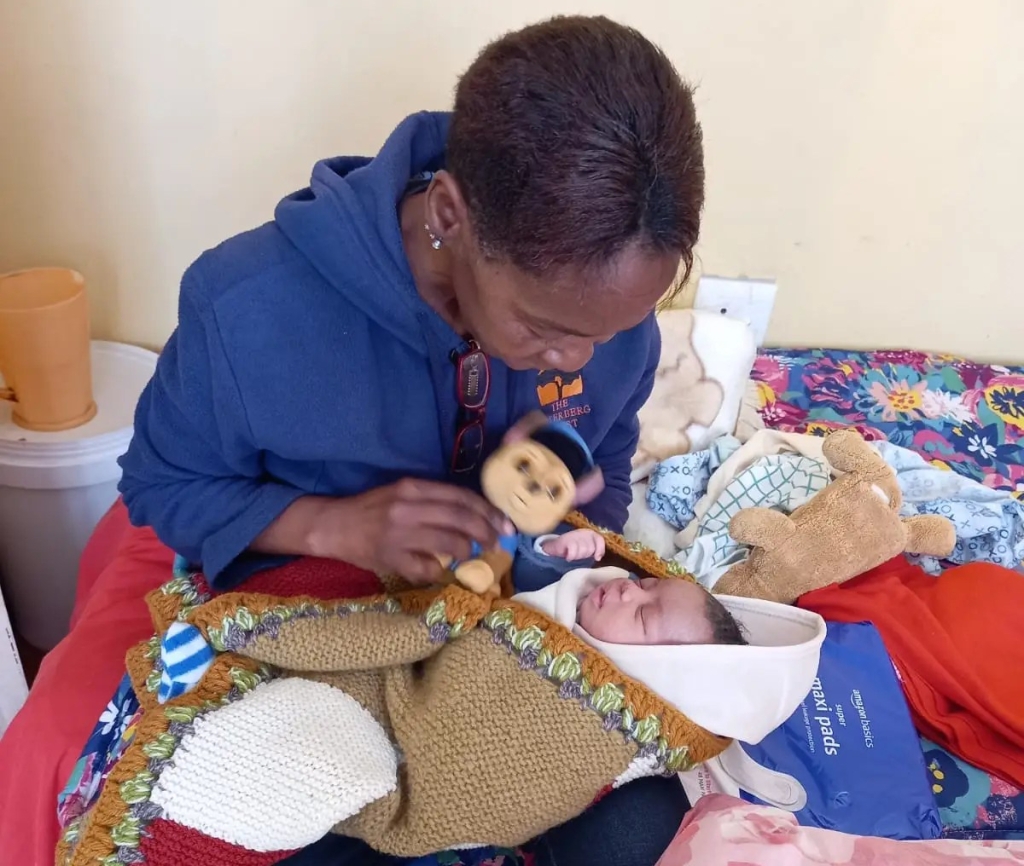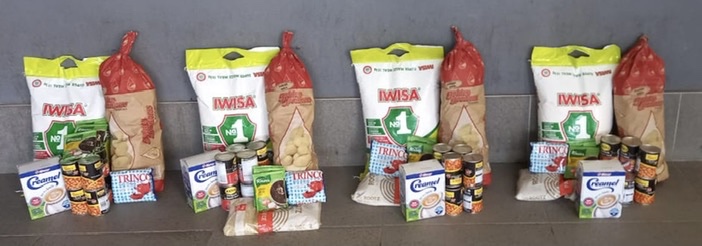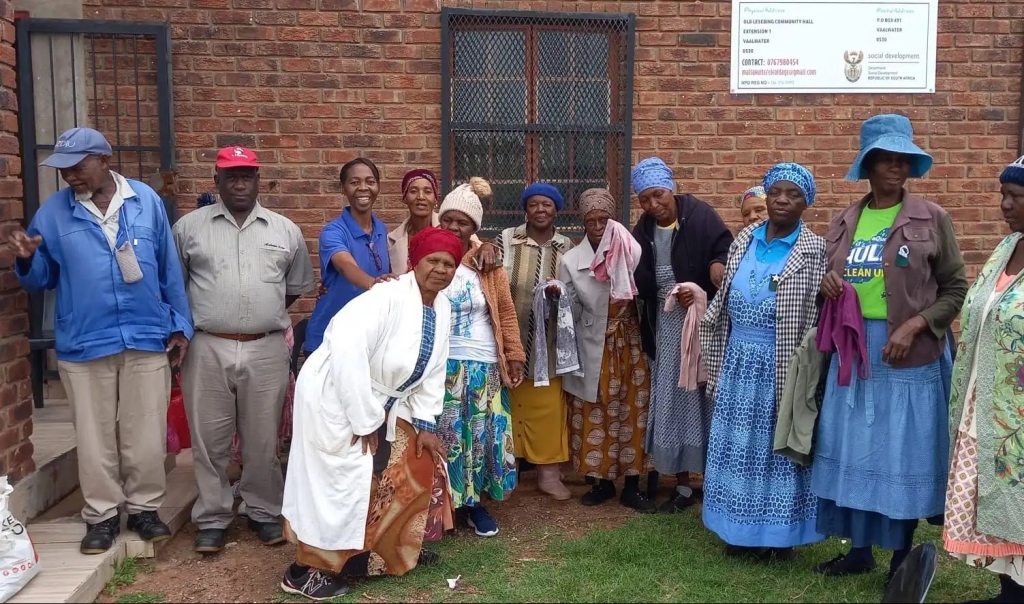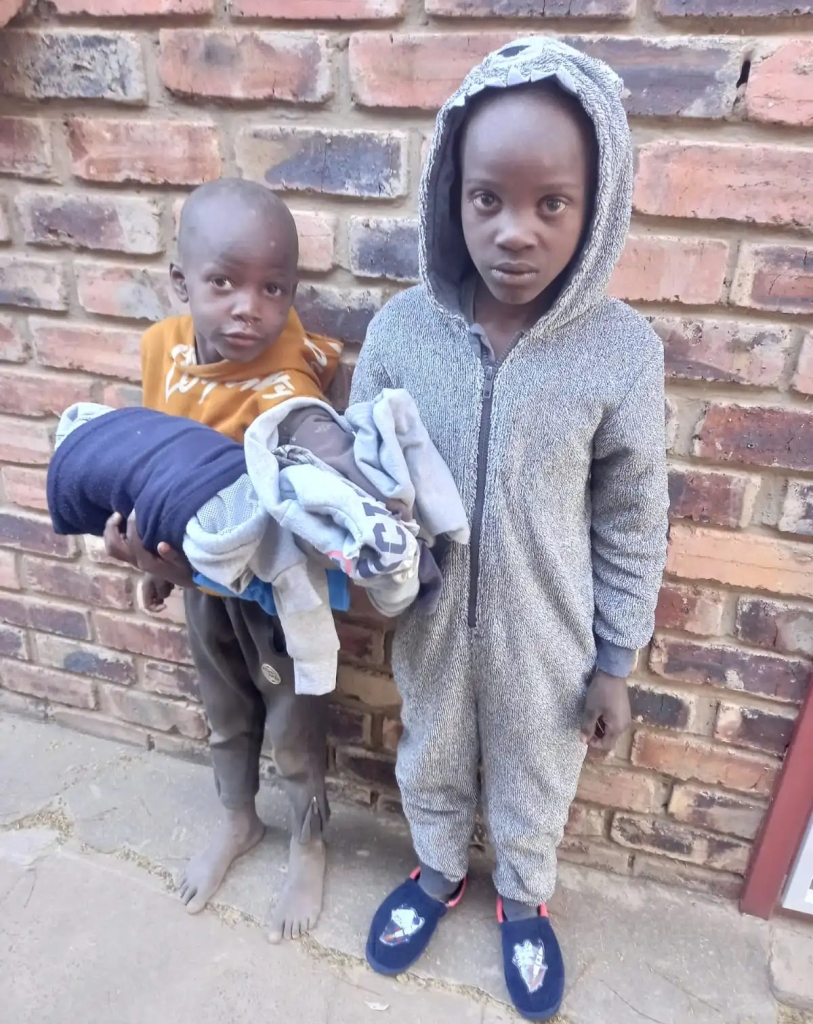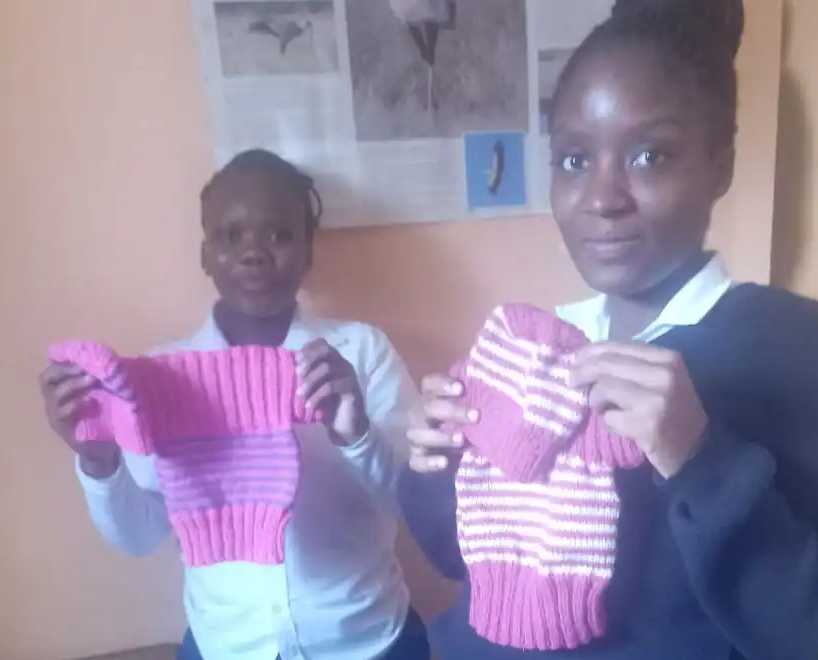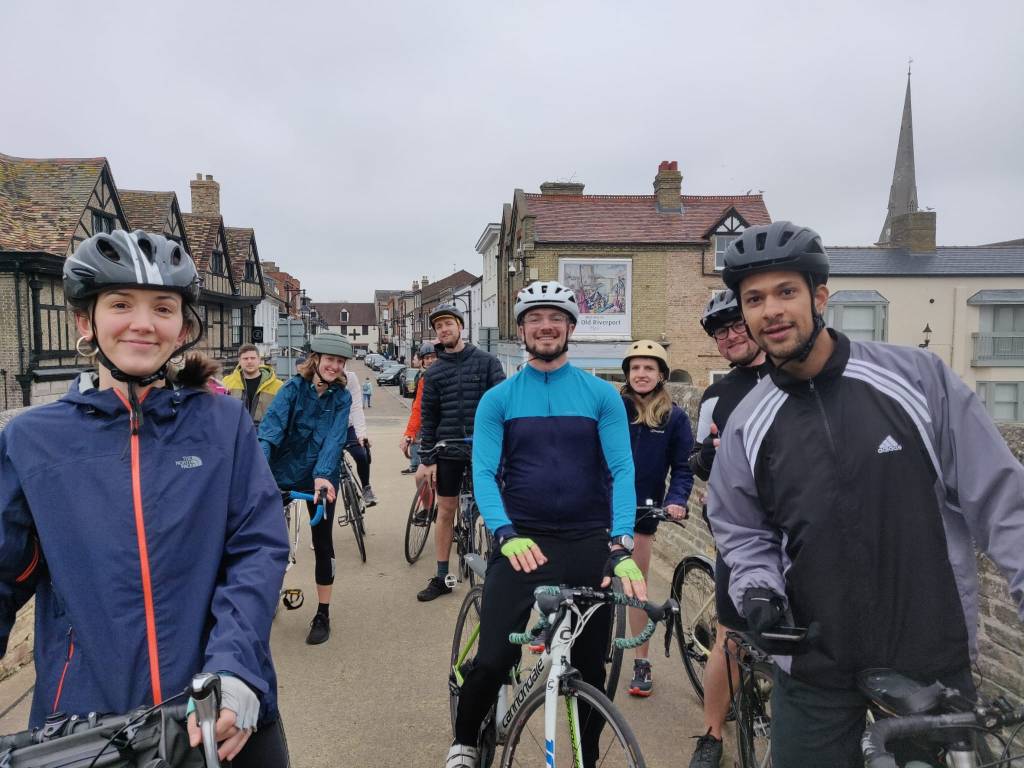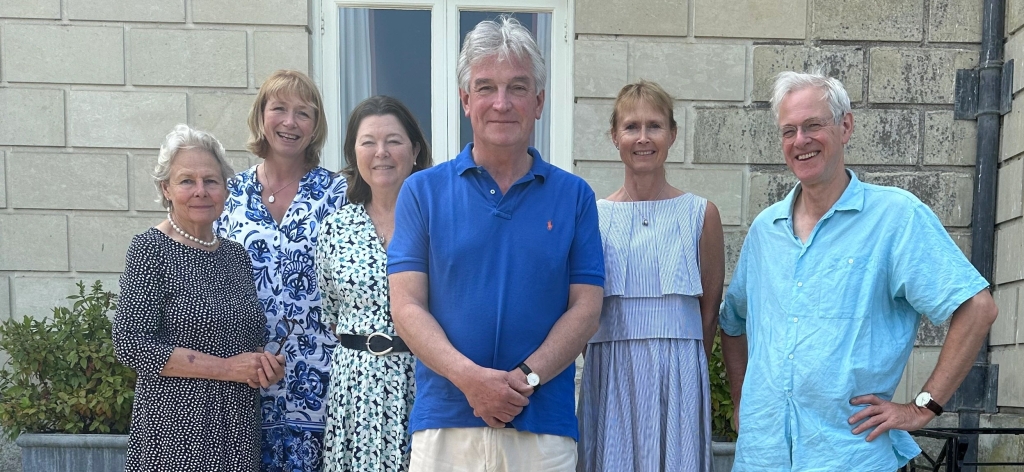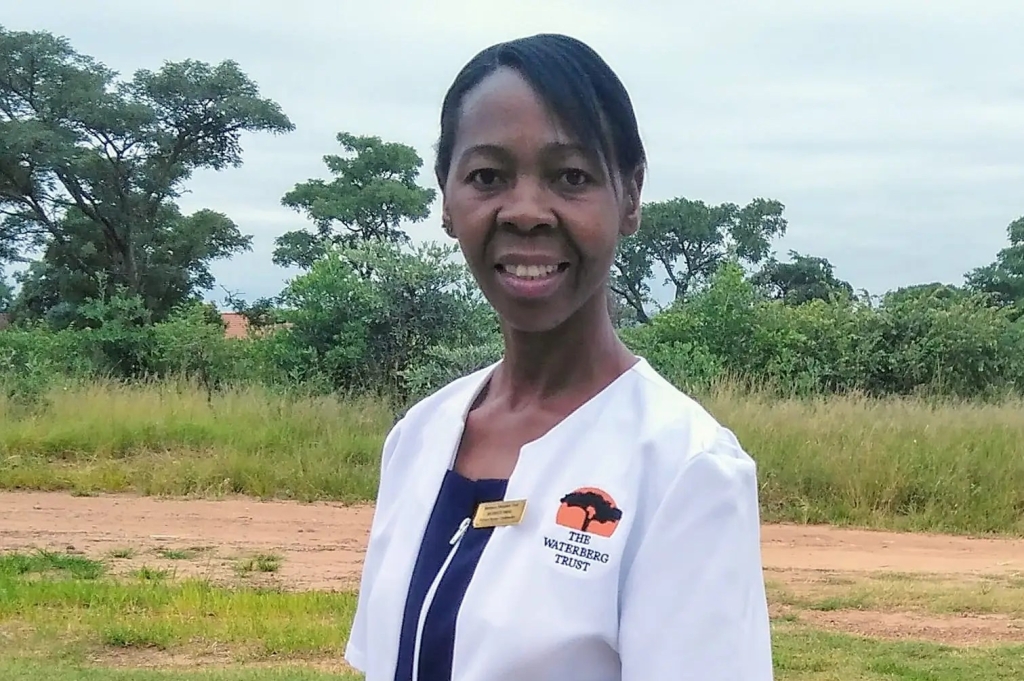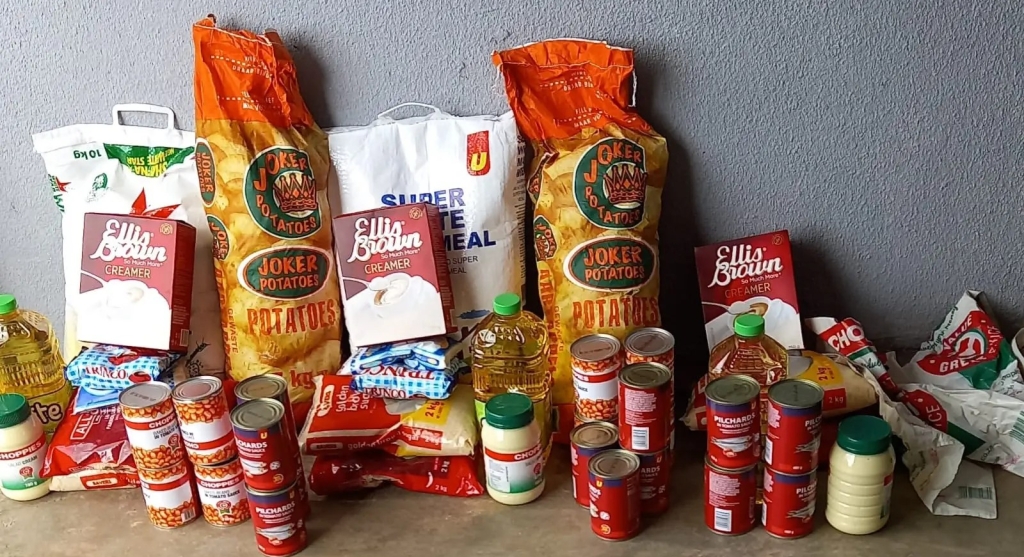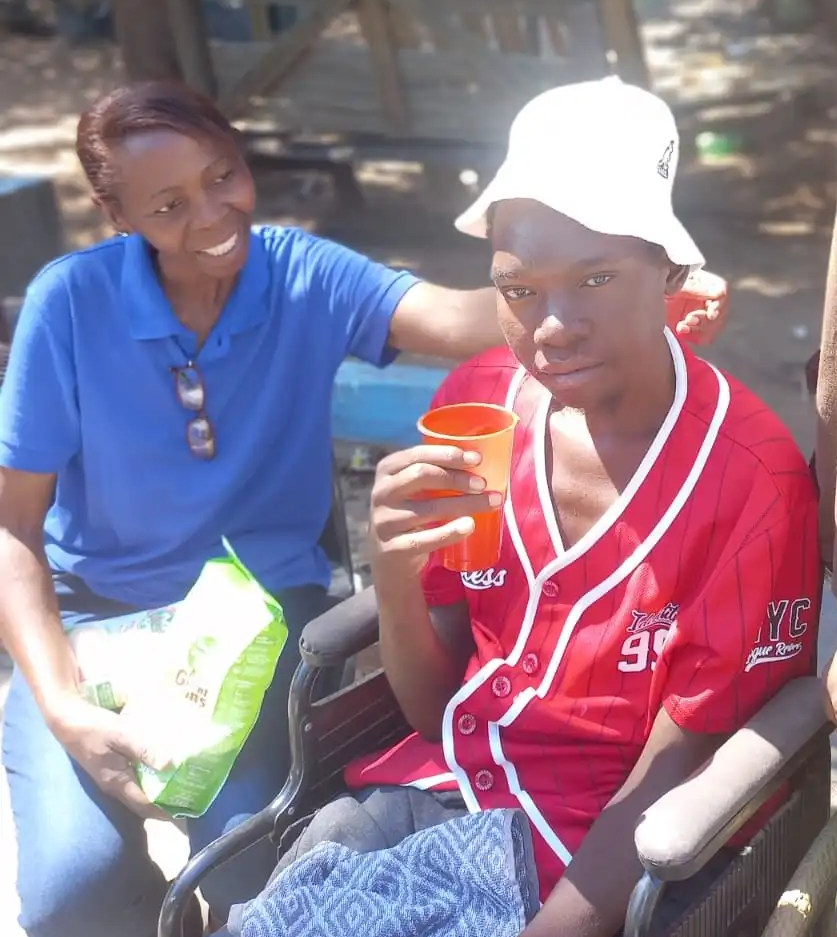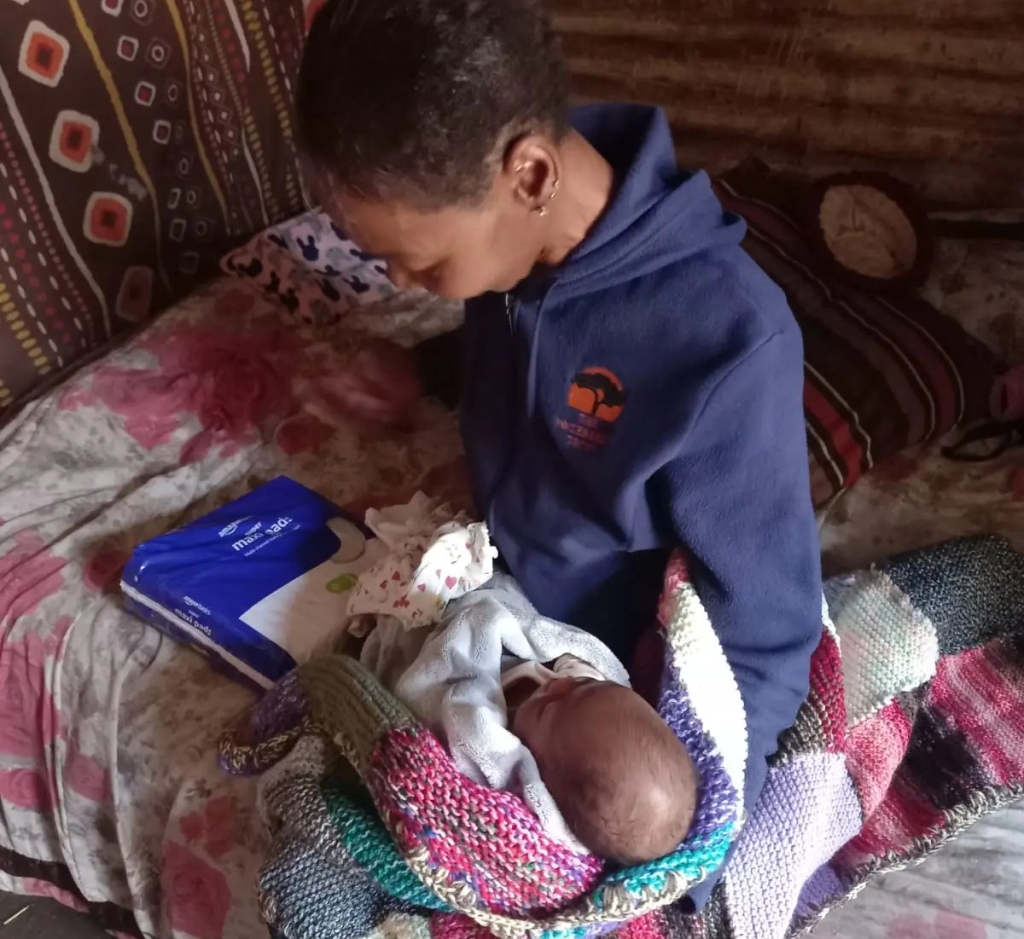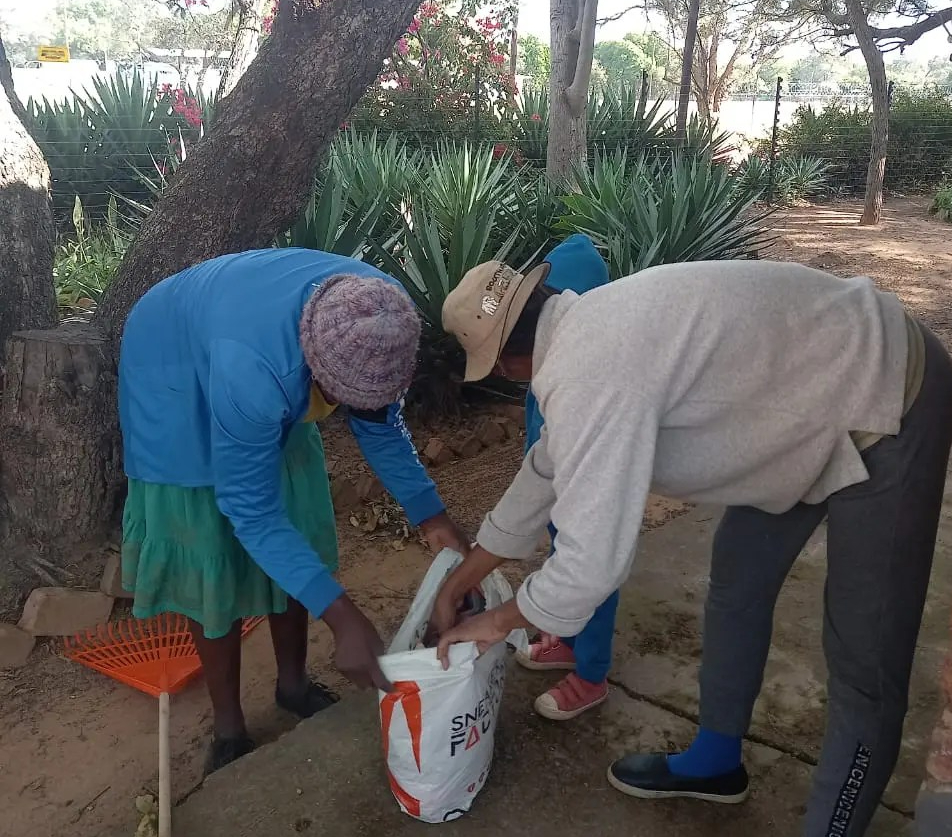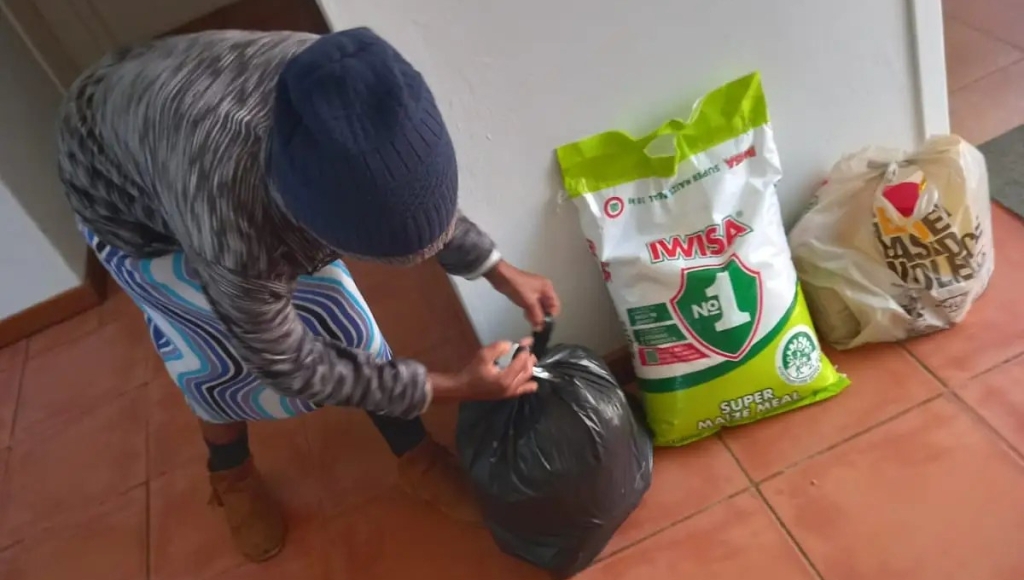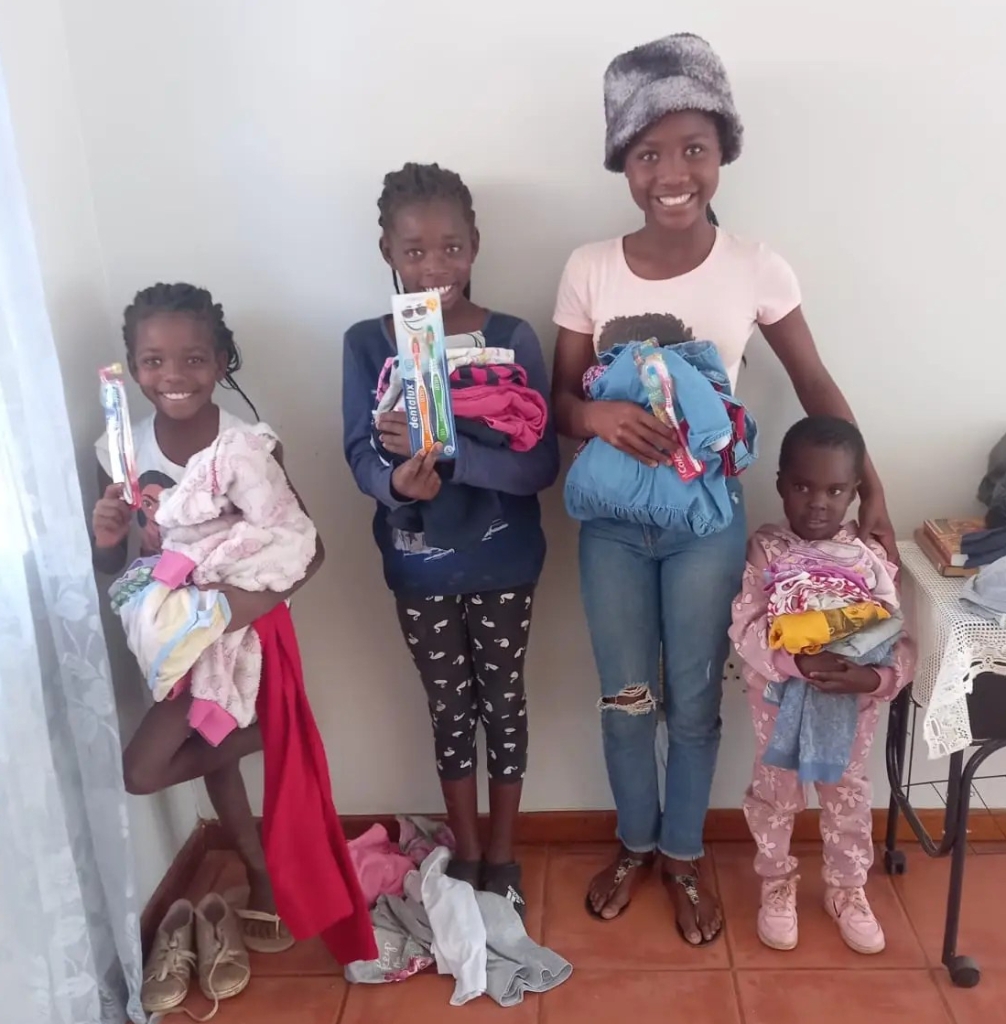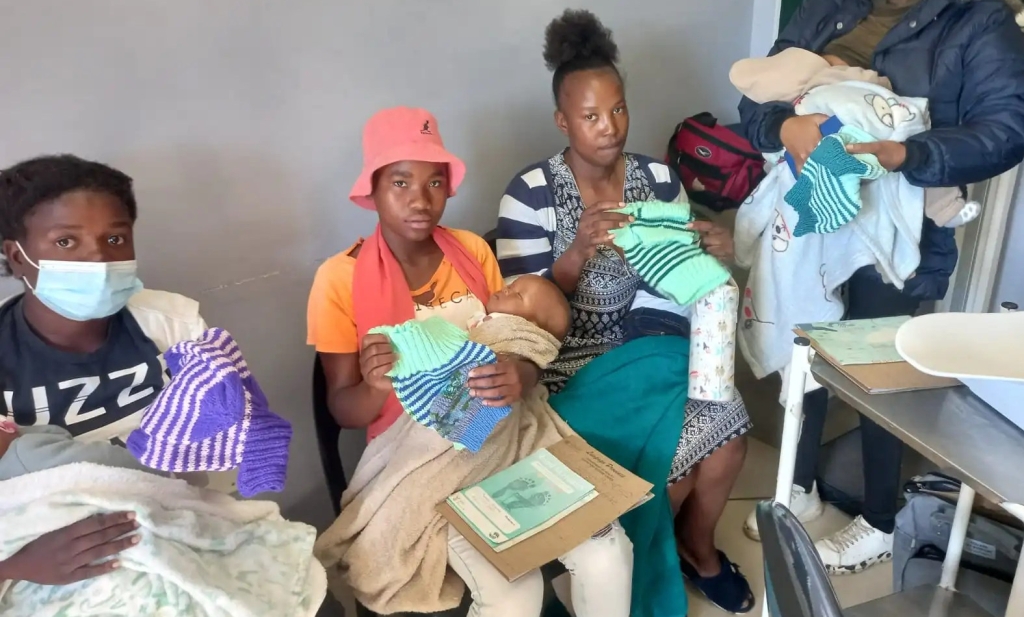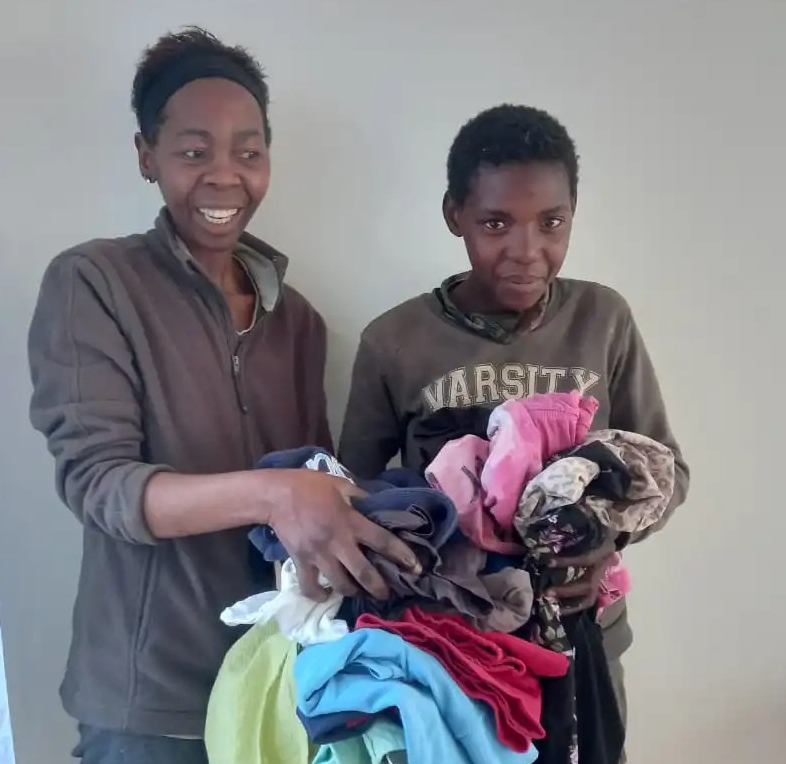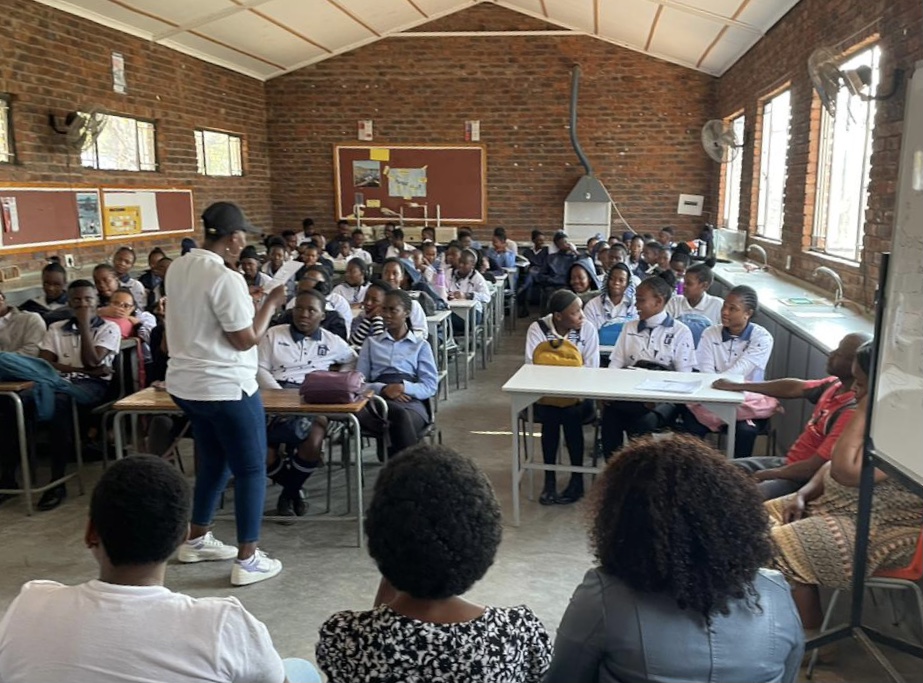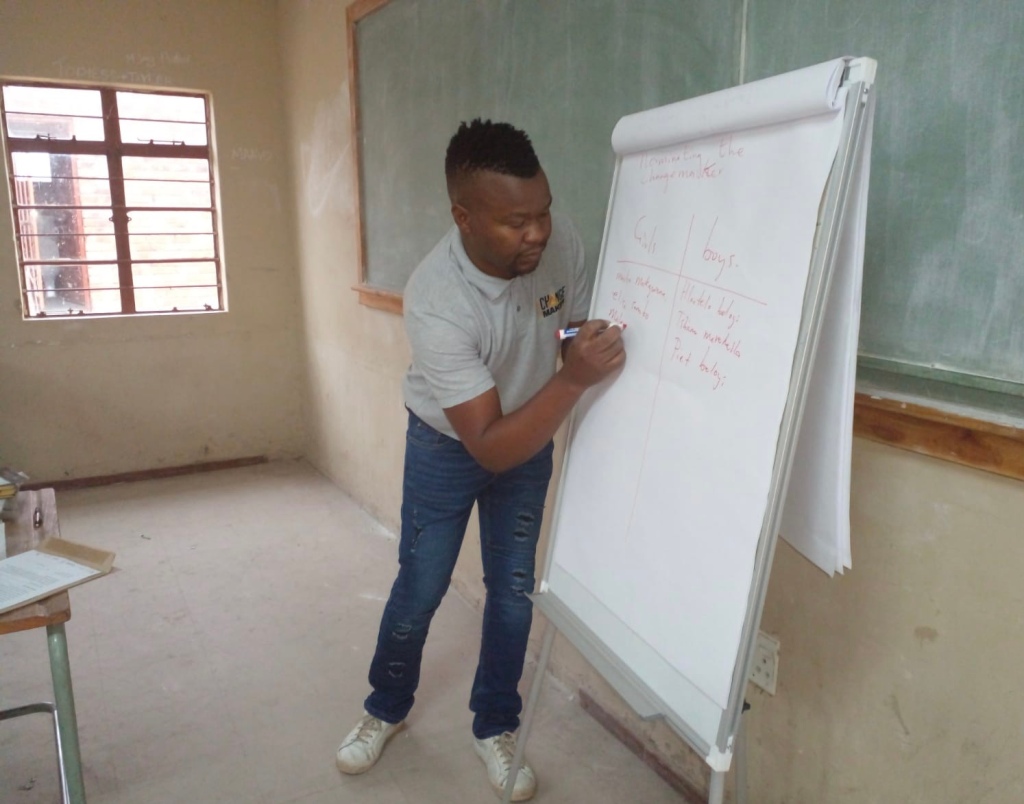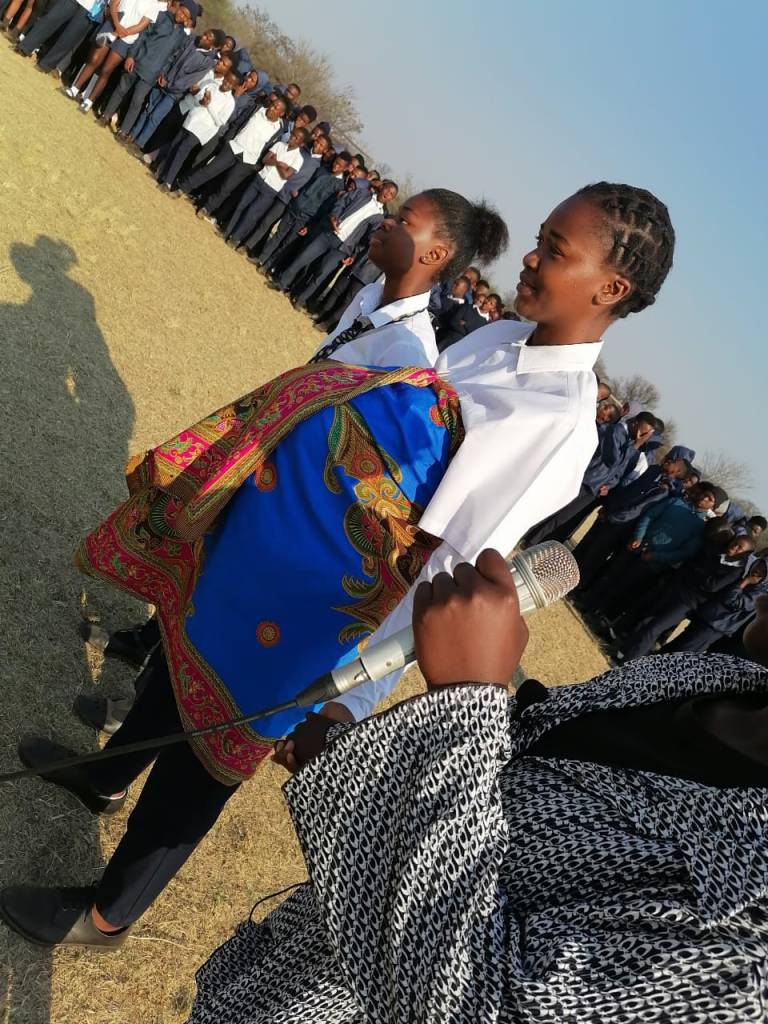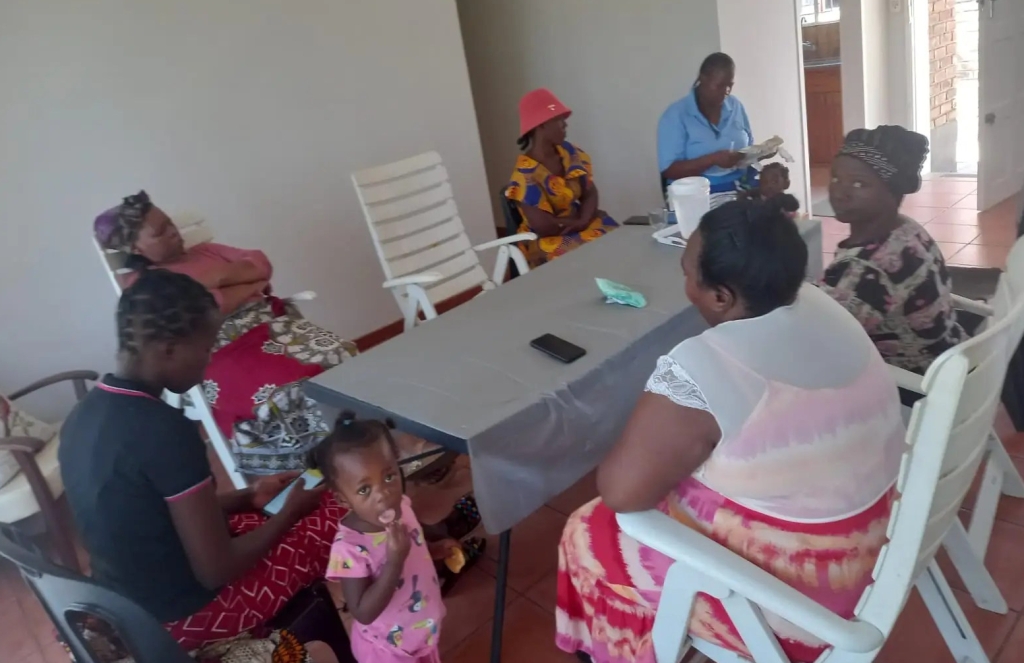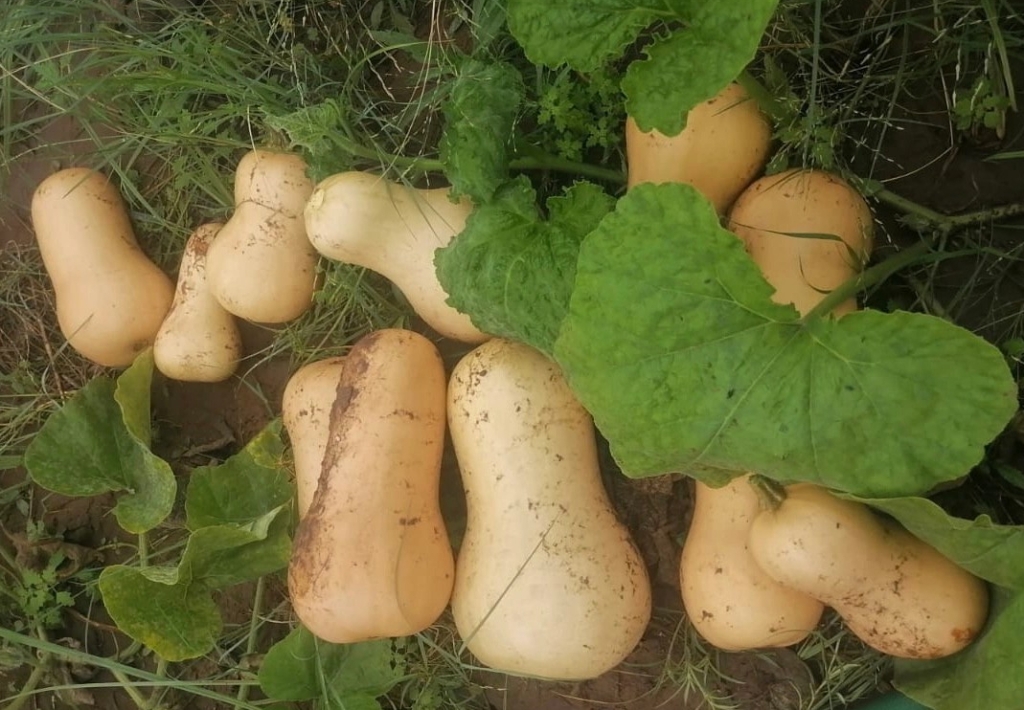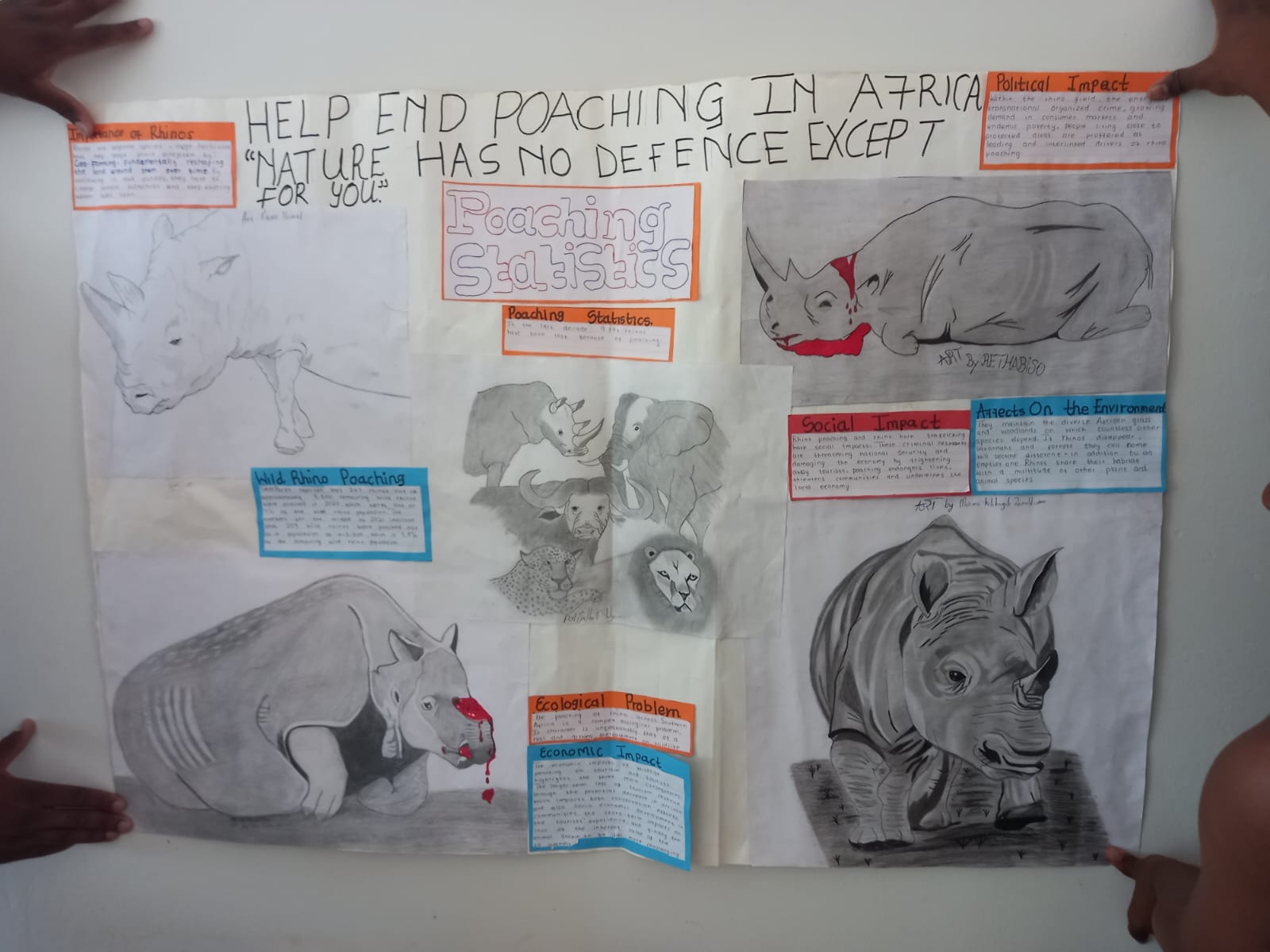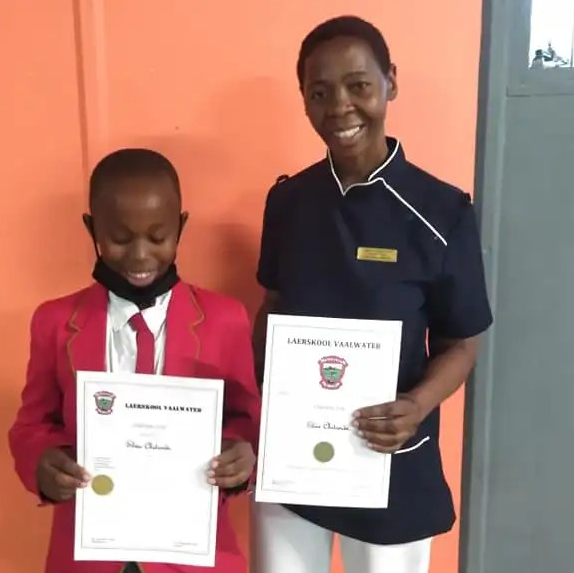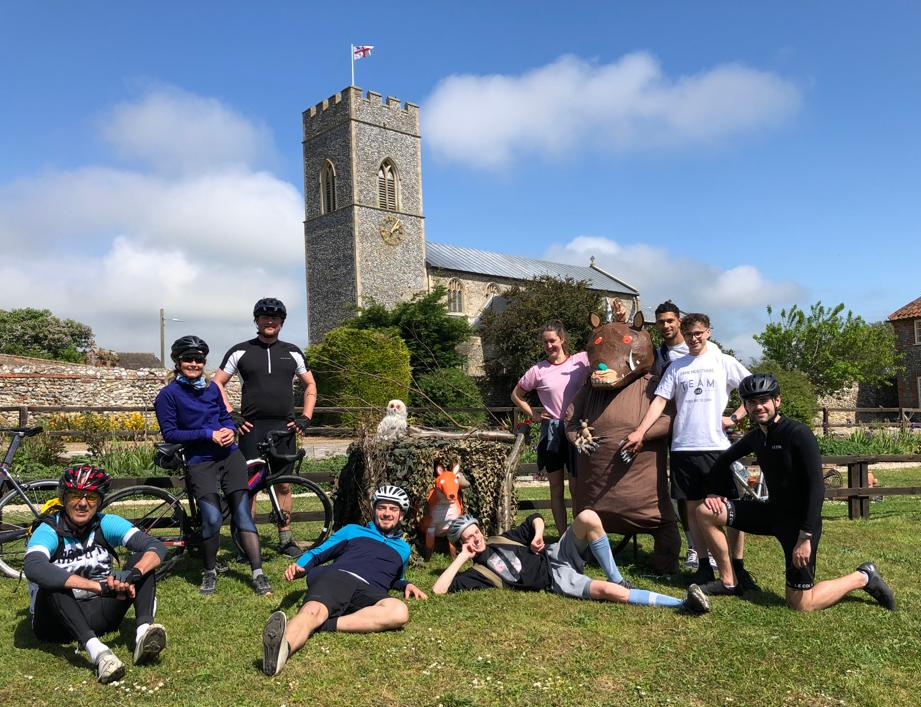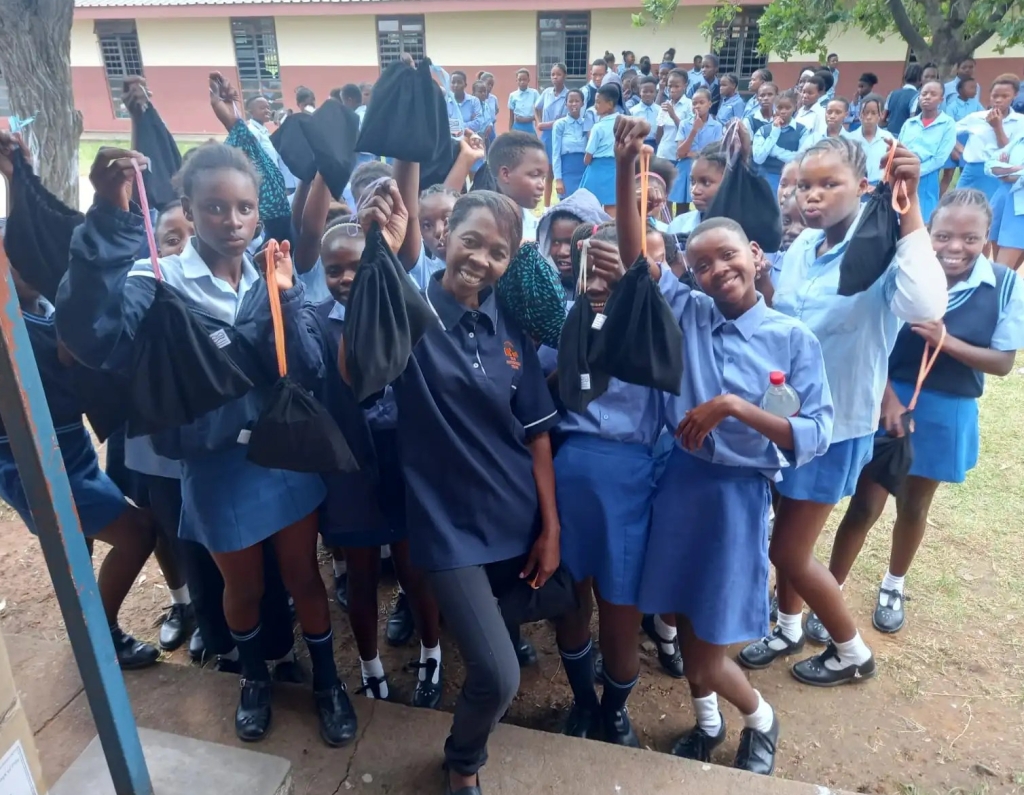
School nurse Sister Grace reports “The last quarter of the year was quite hectic for learners and teachers as they had to prepare for their final exams. Grade 12’s went to educational camps and other grades were assessed before promoting them to the next grade. Teachers attended various workshops about examination invigilating, moderating of learner files and team building.“
Sister Grace also got involved in providing learners with pre-examination counseling to ensure they felt less anxious during exams. “Those who performed well progressed to the next grade.”
SCHOOL REPORT FROM NOVEMBER 2023- JANUARY 2024
The Matric results for the Vaalwater Circuit released on 19th January 2024 were lower than the previous year:
Leseding High School – 84.3%
Meetsetshehla High School – 57.8%
Mohlakamotala High School – 77.3%
Moshia High School – 17.5%
HOWEVER, THERE WAS PROGRESS:
- All schools managed to write their final exams without interruptions
- Educational camps helped some learners to catch up
- Average Matric learners will have access to financial support to start their dream careers, enabling them to gain skills at vocational institutions
- Buses continue to transport learners to school free of charge
- Sister Grace continues to distribute donated sanitary pads to girls, clothes to disadvantaged learners and the elderly in the community
ON-GOING CHALLENGES:
- Lack of learning resources in some schools
- Under performed results for matriculants in 2023
- Leaners affected by the relocation of teachers to other schools
- Poverty and lack of parental support
- Teenage pregnancy and substance abuse
- Learners repeating the same classes
STATISTICS:
TOTAL NUMBER OF LEARNERS SEEN INDIVIDUALLY BY THE SCHOOL NURSE FROM NOVEMBER TO JANUARY: 145
SOCIAL PROBLEMS – 55
MEDICAL ISSUES – 25
MINOR COMPLAINTS – 30
PREGNANT – 5
REFERRED FOR CONTRACEPTIVES – 30
Sister Grace conducted home visits to address various issues faced by learners by involving their parents and guardians and to check the wellbeing of new born babies and their moms. “My involvement in schools has yielded a strong and positive impact among learners, teachers and the community.“
However, we look back on 2023 with gratitude:
Keeping girls in school: As the year opened, TWT was able to give every girl entering secondary school a pack of washable eco-sanitary pads that should last them until they leave school and help them to avoid missing lessons.

Keeping four school vegetable gardens: Amazing supplies were delivered to the Waterberg by Andrew Smith of Environmental Impact Services who also sponsored the school vegetable gardens with seedlings, compost, shade netting and tools. This was a huge encouragement to pupils and staff.
The Environmental Club, supervised by Sister Grace, grows food for school feeding schemes.
Save the Waterberg Rhino has been supported by funds donated in the UK
Sponsoring a promising student Elton Chitanda, enabling him to take a degree in computer studies at Eduvos University in Gauteng – read more on this website here.
School nurse, Sister Grace continued her duties, checking newborn babies and helping the mothers with advice and practical aid.
Pupils Health Education has continued with talks for school children
Sister Grace has also been helping the homeless, including vagrants in need of psychiatric help, and families who lost their homes to fire.
200 TWT Food parcels have been distributed to needy families with beneficiaries sending relatives to collect their groceries put together by volunteers.
In partnership with St John’s Church ‘Acts of Mercy’ initiative, Sister Grace has distributed items of clothing and household essentials donated locally.
Donated items benefit the elderly, teenage mothers and neglected children
The Knitting Club in Vaalwater have provided endless homemade woolens and blankets.
The charity fundraising event of the year was the Cambridge and Bedfordshire sponsored bike ride held in May. Another is planned for the second week of Saturday 11th May 2024. Please let us know in the comments below if you are interested in joining us.
TWT are planning a bike ride in the Waterberg from 1st to 8th February 2025 that will enable donors to visit the projects.
On 20th April 2024 – one of the South Africa trustees is running the 25 kilometer Oxpecker Ultra Run near Spioenkop in the northern Drakensberg.
You can support this valuable work by donating on Justgiving here and we detail other ways of donating on The Waterberg Trust website here.
The Waterberg Trust is governed by a team of trustees in the UK who meet four times a year and raise funds to finance the projects in the Waterberg.

